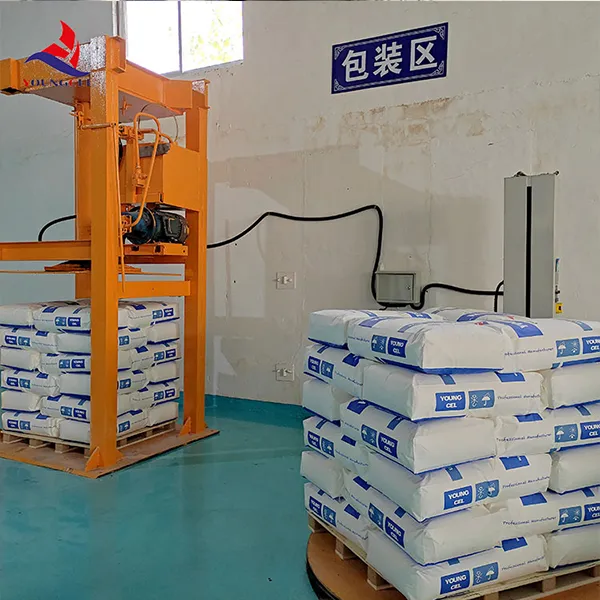The Role of Additives in Cement Mortar Enhancing Performance and Versatility
Cement mortar has been a staple in construction for centuries, serving as a crucial material for binding bricks and stones. To enhance the performance of cement mortar, various additives are incorporated. These additives can significantly improve the properties of the mortar, such as its workability, durability, adhesion, and resistance to environmental factors. This article explores the importance of these additives and their impact on the overall quality of cement mortar.
The Role of Additives in Cement Mortar Enhancing Performance and Versatility
Another important group of additives is the set retarders and accelerators. Set retarders are critical in hot weather conditions, extending the time available for workability, preventing the mortar from setting too quickly. On the other hand, accelerators speed up the curing process, making them ideal for cold weather applications. These additives offer flexibility to contractors, allowing them to choose the best option based on prevailing weather conditions.
cement mortar additive

Moreover, fiber additives have gained popularity for their ability to enhance the mechanical properties of cement mortar. Synthetic or natural fibers, such as polypropylene or glass fibers, are added to the mix to improve tensile strength and reduce shrinkage, leading to a more crack-resistant material. This is especially important in large-scale projects or in areas prone to seismic activity, where the structural movements can compromise the integrity of the mortar.
Additionally, there are specialty additives designed to impart specific properties to cement mortar. Hydrophobic additives, for example, render the mortar water-repellent, enhancing its resistance against moisture and subsequently preventing issues related to mold and mildew. Similarly, self-healing additives can respond to cracks, allowing the mortar to heal itself over time, thus extending its lifespan.
In conclusion, the use of additives in cement mortar plays a crucial role in enhancing its performance and utility in construction. By selecting appropriate additives, builders can tailor the properties of cement mortar to meet specific project requirements, ensuring durability and reliability in various environmental conditions. As construction technologies continue to advance, the incorporation of innovative additives will likely become increasingly vital, paving the way for more sustainable and resilient building practices.
-
Rdp Powder: Key Considerations for Wholesalers in the Building Materials IndustryNewsJul.08,2025
-
Key Considerations for Wholesalers: Navigating the World of Hpmc - Based ProductsNewsJul.08,2025
-
Hpmc Detergent: Key Considerations for WholesalersNewsJul.08,2025
-
Key Considerations for Wholesalers: China Hpmc For Tile Adhesive, Coating Additives, Concrete Additives, and MoreNewsJul.08,2025
-
Crucial Considerations for Wholesalers: Navigating the World of Construction MaterialsNewsJul.08,2025
-
Key Considerations for Wholesalers Sourcing Additive For Cement, Additive For Concrete, Additive For Putty from Additive Manufacturer Shijiazhuang Gaocheng District Yongfeng Cellulose Co., Ltd.NewsJul.08,2025




